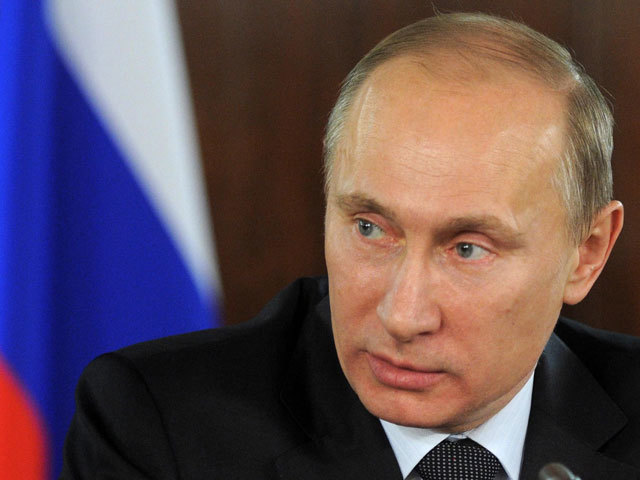
Russia has agreed with Opec members Saudi Arabia, Qatar and Venezuela to freeze oil production levels if other producers do the same.
Energy minister Alexander Novak announced the decision following a closed-door meeting involving the four countries in the Qatari capital Doha.
The meeting reflects growing concern among major oil producers about the effects a prolonged slump in crude prices will have on their domestic economies.
Mr Novak said the countries are willing to freeze output levels at January levels “if other oil producers join the initiative”.
Getting other major oil suppliers to go along with that plan could be tricky as prices have fallen sharply since summer 2014, leaving producers scrambling to win market share from competitors.
Oil prices rose following the meeting, with a barrel of benchmark New York crude trading up 77 US cents (53p) at 30.21 dollars (£20.93).
A barrel of Brent, the international standard, gained 89 US cents (61p) to 34.28 dollars (£23.75).
Speaking after the meeting, Saudi oil minister Ali Naimi said producers would continue to assess the state of the market in the months ahead. He described freezing output at January levels as an adequate step for now.
All of the countries at the meeting except Russia are part of Opec, which has refused to cut its official production targets in an effort to bolster faltering prices.
The aim of Opec’s keep-pumping strategy has been to attempt to ride out the 12-year lows in prices and force higher-cost producers, such as shale drillers in the US, out of the market.
Notably absent from the meeting was Iran, which shares control of a major underwater natural gas field with Qatar.
It is eager to ramp up its exports now that sanctions related to its nuclear programme have been lifted, saying recently it aims to put another 500,000 barrels a day on the market.